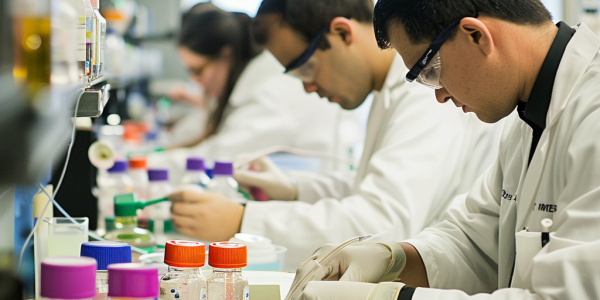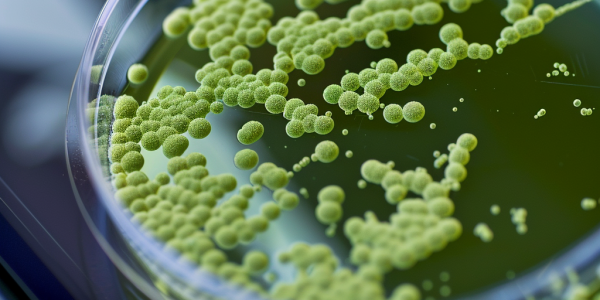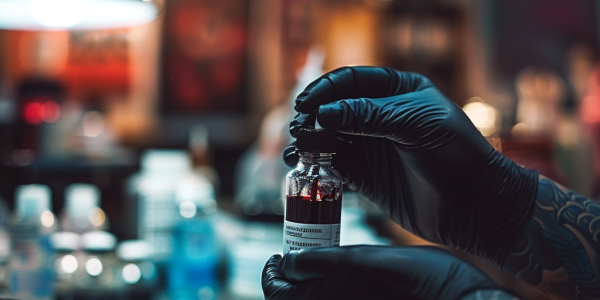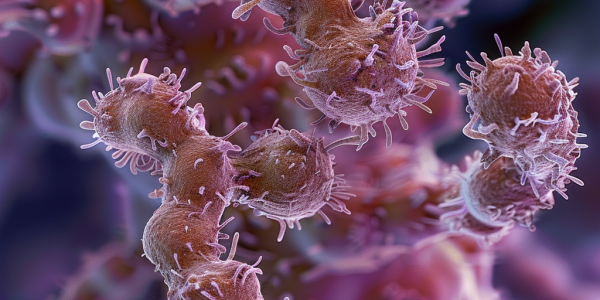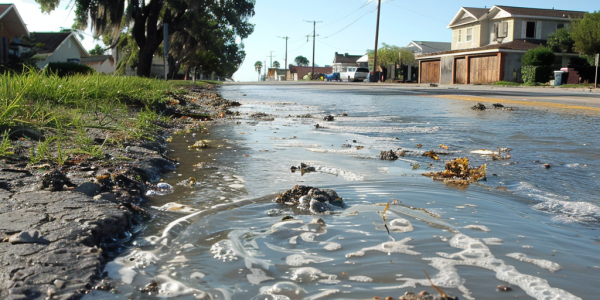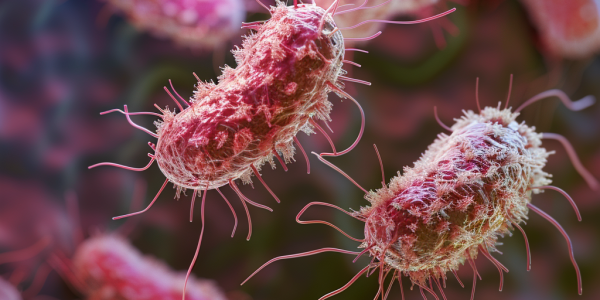FDA Study Reveals Concerning Levels of Bacteria in Tattoo and Permanent Makeup Inks
Recent FDA research reveals concerning findings about microbial safety of tattoo and permanent makeup inks. Contaminated ink can lead to serious infections and health risks, including systemic spread of bacteria. Proper monitoring and quality control are crucial to protect consumers from potential hazards.
Mapping Pathogen Spread Through Human Travel Patterns
Learn how researchers are tracking the spread and evolution of superbugs by combining genomic data with human travel patterns. Insights from the study could help predict and prevent future outbreaks, especially for pathogens like Streptococcus pneumoniae. Discover how initial reductions in antibiotic resistance linked to vaccines may be temporary, and how non-targeted strains resistant to antibiotics gain a competitive advantage.
MIT Engineers Develop Groundbreaking Method to Protect Microbes from Extreme Conditions
MIT engineers have developed a groundbreaking method to protect microbes from extreme conditions, enhancing their resilience with FDA-approved food and drug additives. This innovative technique has enabled microbes to withstand high temperatures, radiation, and industrial processing, with potential applications in space missions, human health, and agriculture.
Study Reveals Rise of Extensively Drug-Resistant Pseudomonas aeruginosa in Egyptian Healthcare Settings
A recent study in Egypt reveals a concerning increase in Pseudomonas aeruginosa infections in healthcare settings, with 92.3% of isolates classified as extensively drug-resistant. The research highlights the prevalence of biofilm production and the presence of mobile genetic elements carrying antimicrobial resistance genes. The study identifies specific clones and genetic mutations driving the evolution of antimicrobial resistance in P. aeruginosa.
Study Reveals Bacterial Contamination in Tattoo Inks Poses Health Risk
A recent study led by Dr. Seong-Jae (Peter) Kim from the U.S. Food and Drug Administration has revealed the alarming presence of bacterial contamination in commercial tattoo inks. With 35% of tested inks found to be contaminated, the study highlights the serious health risks posed by these bacteria, capable of thriving in the skin’s dermal layers. This underscores the urgent need for stricter regulations and quality control measures in the tattoo industry to ensure public safety.
Deadly ‘flesh-eating bacteria’ outbreak in Japan raises concerns
A recent outbreak of flesh-eating bacteria in Japan has surged to 977 cases of streptococcal toxic shock syndrome (STSS), surpassing last year’s record high. Experts warn of the rapid spread of Group A Streptococcus (GAS) linked to the relaxation of Covid-era restrictions. Early detection is crucial as symptoms can escalate rapidly, especially for individuals over 50. The World Health Organization has highlighted similar outbreaks in Europe, emphasizing the importance of hand hygiene and prompt treatment to prevent the spread of GAS. With predictions of up to 2,500 cases and a mortality rate of 30% in Japan, urgent public awareness and preventive measures are needed to curb the deadly bacteria.
Innovative Microscale Robots Developed to Tackle Microplastics and Bacteria in Water Bodies
Learn how scientists are using microscale robots to tackle microplastics and bacteria in water bodies. These tiny spherical robots, designed to capture contaminants, show promising results in lab experiments. By mimicking natural swarms, these microrobots offer an innovative solution for cleaning up pollutants and protecting marine ecosystems.
Gut Bacteria Found to Produce ABO-Universal Blood Enzymes
A recent study published in Nature Microbiology reveals that Akkermansia muciniphila possesses exoglycosidases capable of converting blood group antigens to produce ABO-universal blood, offering a promising solution to streamline blood logistics and reduce the risk of ABO-mismatched transfusions. This research highlights the potential of gut bacteria like Akkermansia muciniphila as valuable sources of enzymes for universal blood production, emphasizing the importance of leveraging microbial enzymatic pathways to enhance transfusion safety.
Sunny Day Flooding Leads to Increased Fecal Bacteria in Coastal Waters, Study Finds
A recent study from North Carolina State University reveals that ‘sunny day flooding’ in coastal areas is causing increased levels of fecal bacteria in the waters, posing potential risks to public health. The research focused on the impact of rising sea levels on fecal bacteria contamination, with floodwaters containing elevated levels even during minimal flooding. The study emphasizes the need for policymakers and public health officials to address the implications of sunny day flooding on coastal water quality to safeguard the well-being of coastal communities and ecosystems.
Deadly Bacteria Show Peculiar Preference for Human Blood, Study Finds
Recent research from Washington State University reveals a startling discovery – certain deadly bacteria have a preference for human blood, termed ‘bacterial vampirism.’ Led by Professor Arden Baylink, the study identifies Salmonella, E. coli, and Citrobacter as bacteria attracted to serum, rich in nutrients like serine. This research sheds light on bloodstream infections and potential treatment avenues, emphasizing the importance of disrupting bacteria’s ability to sense blood sources.



